Permanent facility (PE) risks in Vietnam, global companies need to be careful when handling permanent facilities
Due to the trend of globalization, many companies are now engaged in a wide range of business activities.
Investment in Vietnam is expanding from many countries, and various new businesses are emerging.
However, for foreigners who do not have Vietnam as their home country, business and expansion into Vietnam poses additional tax risks. In particular, handling permanent facilities is often a problem when doing business without establishing a corporation in Vietnam.
This time, we would like to introduce the permanent facility.
Permanent establishment (PE) handling is an important background for global companies
Tax authorities in many countries have been proactive in addressing issues related to permanent establishments (PEs) since the announcement by the Organization for Economic Co-operation and Development of Tax Erosion and Profit Conversion (BEPS). A common tax risk global companies face in their day-to-day business processes is the unintentional increase in taxable items, such as permanent establishments.
It is not uncommon to face unexpected penalties for additional taxes and surcharges without a thorough understanding of the handling of permanent facilities in the investing country. It is possible that after the expansion of the business overseas, the company suffered unexpected losses and the disadvantages of entering the market became larger.
Therefore, in developing a global business, it is important to understand permanent facilities before proceeding.
What is Vietnam's Permanent Establishment (PE)?
Permanent facilities are determined by the application of national law, the relevant tax treaties that each country has entered into, and the recently announced BEPS policy. Current Vietnamese regulations provide for the following three conditions to identify whether the business activities of foreign companies constitute Vietnamese PE.
Permanent facility in Vietnam ①: Branch, factory, base
Branches, factories, mining sites for natural resources, construction sites, assembly workshops, facilities that provide services, agents, agents, buildings, vehicles, machines or equipment, locations with management systems
Permanent facility in Vietnam ②: established business base
The definition of established does not necessarily mean that such a facility needs to be located at a particular time at a particular location. This means that it has been established and permanently maintained in a designated place in Vietnam.
Permanent establishment in Vietnam ③: Proxy PE
Business activities in Vietnam are carried out partially, wholly or on behalf of foreign companies in their home countries.
If the definition of a permanent establishment in Vietnam is different from the definition of a permanent establishment provided under the tax treaty, the tax treaty will prevail over the domestic regulation.
Cases that require careful handling of permanent establishments
A case in which a business is actually conducted at a base in Vietnam
It may be the case that the Vietnam base is responsible for activities such as purchase order management, follow-up, and debt collection of the foreign parent company. In such cases, Vietnam's tax authorities may visit you to determine if your facility is a permanent one.
A case where Vietnam's products are stored and delivered, which is virtually the same as the trading business.
Foreign companies are considered to have PE in Vietnam subject to the following conditions:
- In addition to storing merchandise, maintaining a bonded warehouse for regular delivery of goods from the bonded warehouse to customers is considered part of the trading activity.
- A case where a representative in charge of inventory and delivery management is resident at a bonded warehouse in Vietnam.
Case of operating a representative office in Vietnam
Potential PE risks also arise from the operation of Vietnam's representative offices of foreign companies.
The reason is that if the representative office is not authorized to do business in Vietnam and performs support services that are not included in the functions stipulated by law, the tax authorities will need to evaluate the representative office. Have been reviewed and may be considered effectively permanent facilities.
The following activities increase the risk of permanent establishments.
- Providing services such as maintenance to customers who purchase products from the parent company
- Sales promotion and product sales activities on behalf of the parent company in Vietnam
Permanent establishment (PE) and tax treaty tax considerations
With a clear definition of permanent establishments, taxation on permanent establishments, avoidance and elimination of double taxation from two countries (Vietnam, etc.) We have a tax treaty.
Even if a foreign company with a permanent facility in Vietnam pays taxes under the domestic law of its home country, Vietnam may stipulate that the income may be taxed. Although the tax amount required in Vietnam is collected in accordance with Vietnam's domestic law, foreign tax credit may not be fully accepted in your home country.
Furthermore, even if the conditions for foreign tax credits are met, the terms of the tax treaty will not be automatically granted, and you will need to submit the application documents correctly and evaluate them with the tax authorities.
Conclusion on Vietnam's Permanent Establishment (PE)
The situation of a permanent establishment in Vietnam can, in some cases, be a heavy tax burden.
In addition, foreign companies may have to double tax on income related to permanent establishments if their home country has not signed an agreement with Vietnam.
Avoiding the tax risks associated with permanent facilities should be fully understood before moving into Vietnam. It is the taxpayer's responsibility to prove that the local activity is a preparatory/auxiliary function, not a proxy/profit purpose of the parent company.
We recommend that you consult an expert, including an international accounting firm, including Vietnamese accountants, on whether the tax risk associated with your permanent establishment has been eliminated.

Residential land and building trader. After working at the largest Japanese accounting office in Hong Kong, he was founded independently in Vietnam.
In Ho Chi Minh City, together with fellow Vietnamese accountants, we provide real estate, accounting, taxation, auditing, and one-stop services to foreign-affiliated companies including Japanese companies.
Related article
 Vietnamese Foreigner's Personal Income Tax (PIT)
Vietnamese Foreigner's Personal Income Tax (PIT)
 Vietnam's financial audit, tax audit | Points to note for companies
Vietnam's financial audit, tax audit | Points to note for companies
 Vietnam's overseas remittances, audits and taxes | Explain tax returns and penalties!
Vietnam's overseas remittances, audits and taxes | Explain tax returns and penalties!
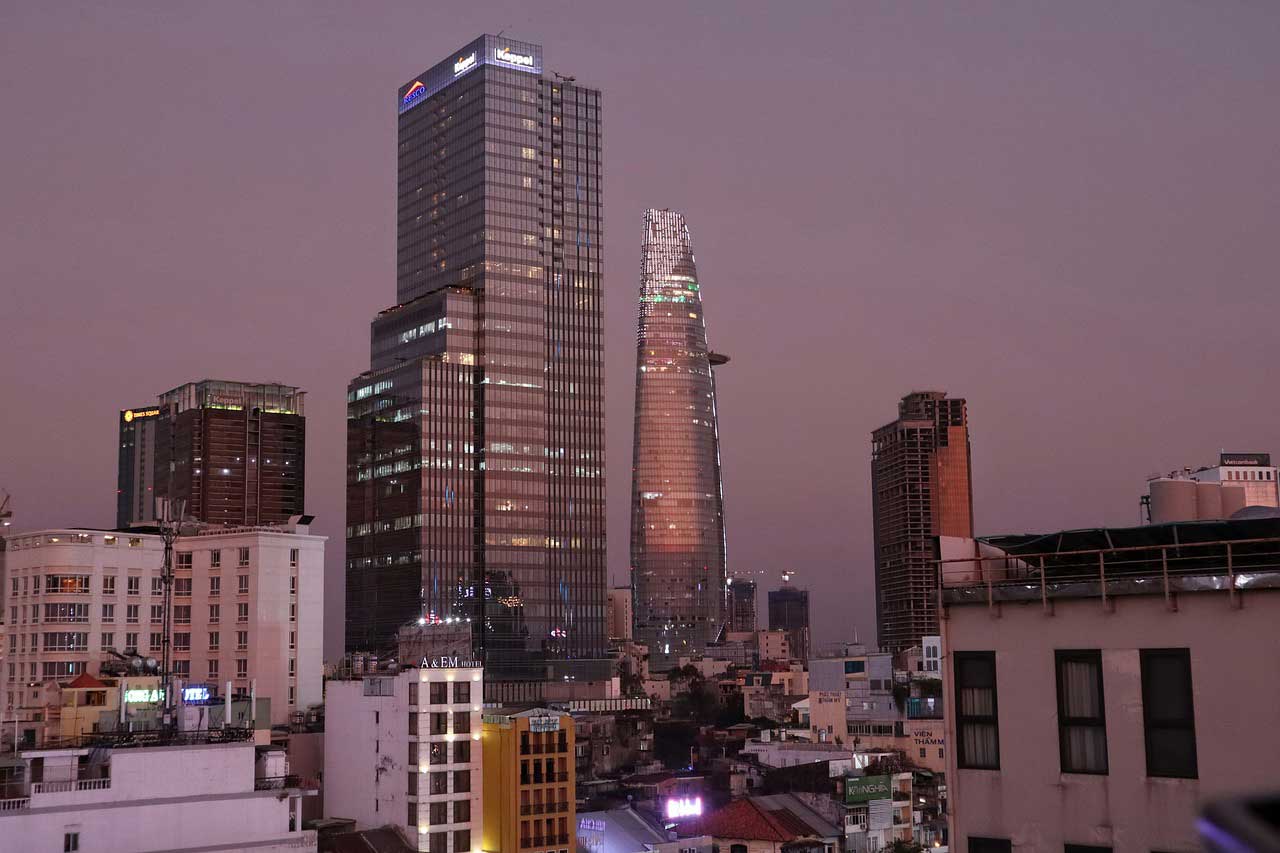 Vietnam Audit | Compliance Guide for Foreign Companies / Investors / Representative Offices
Vietnam Audit | Compliance Guide for Foreign Companies / Investors / Representative Offices
 Accounting standards and accounting period in Vietnam
Accounting standards and accounting period in Vietnam
 Difference between VAS and IFRS: Introducing the characteristics of accounting standards in Vietnam (display of financial statements and account code)
Difference between VAS and IFRS: Introducing the characteristics of accounting standards in Vietnam (display of financial statements and account code)
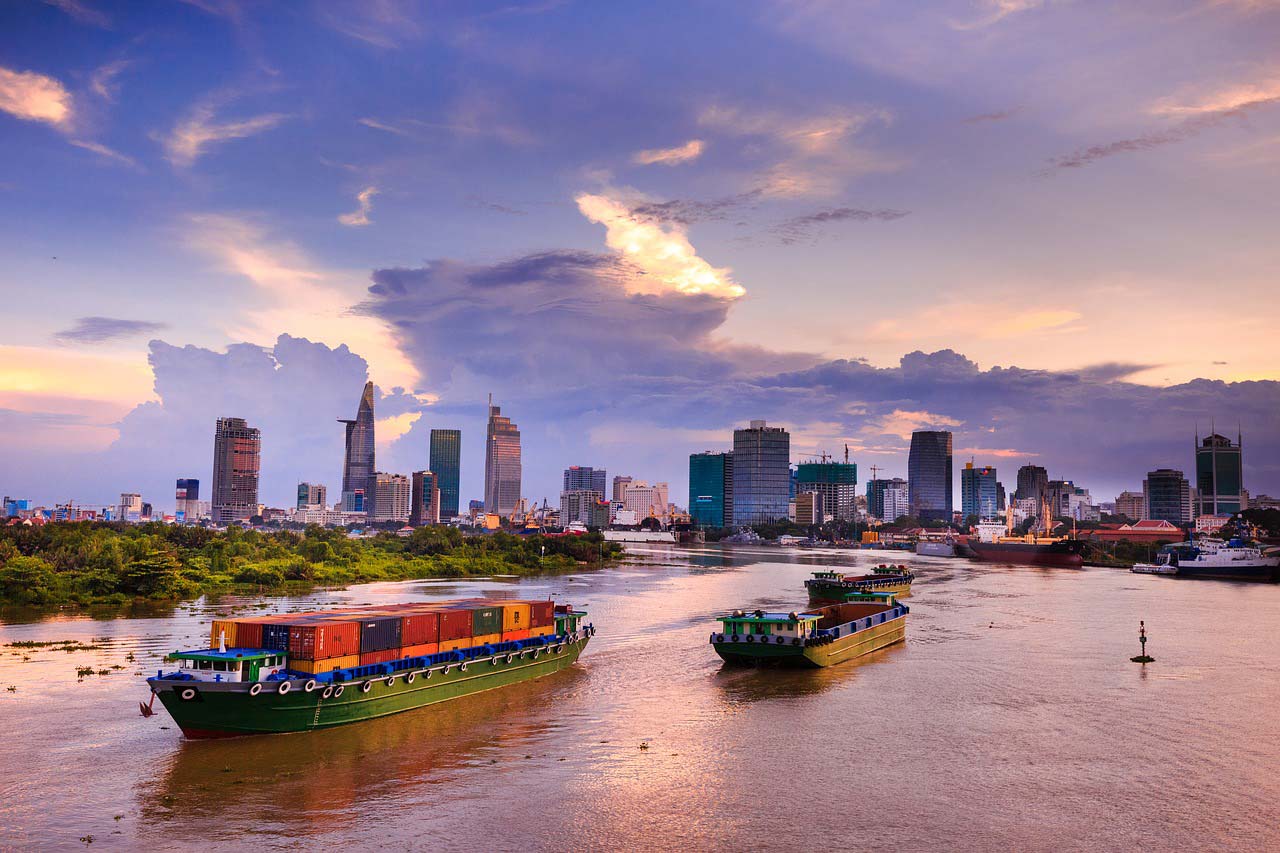 Vietnamese accounting, bookkeeping and currency
Vietnamese accounting, bookkeeping and currency
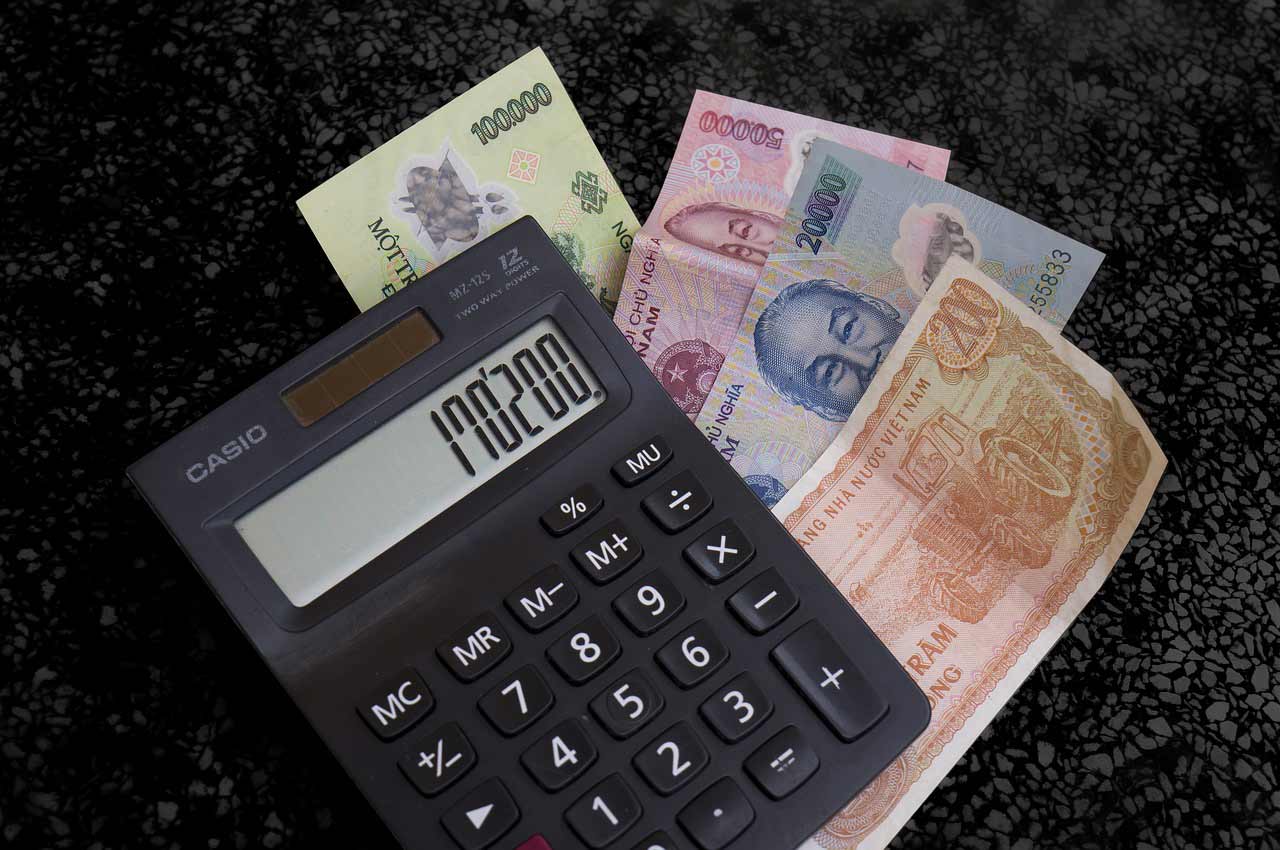 Minimum capital requirement in Vietnam | Foreign companies (limited companies, corporations, representative offices)
Minimum capital requirement in Vietnam | Foreign companies (limited companies, corporations, representative offices)
 Vietnam Electronic Invoice (Electronic Invoice / VAT Invoice) | 6 Frequently Asked Questions
Vietnam Electronic Invoice (Electronic Invoice / VAT Invoice) | 6 Frequently Asked Questions
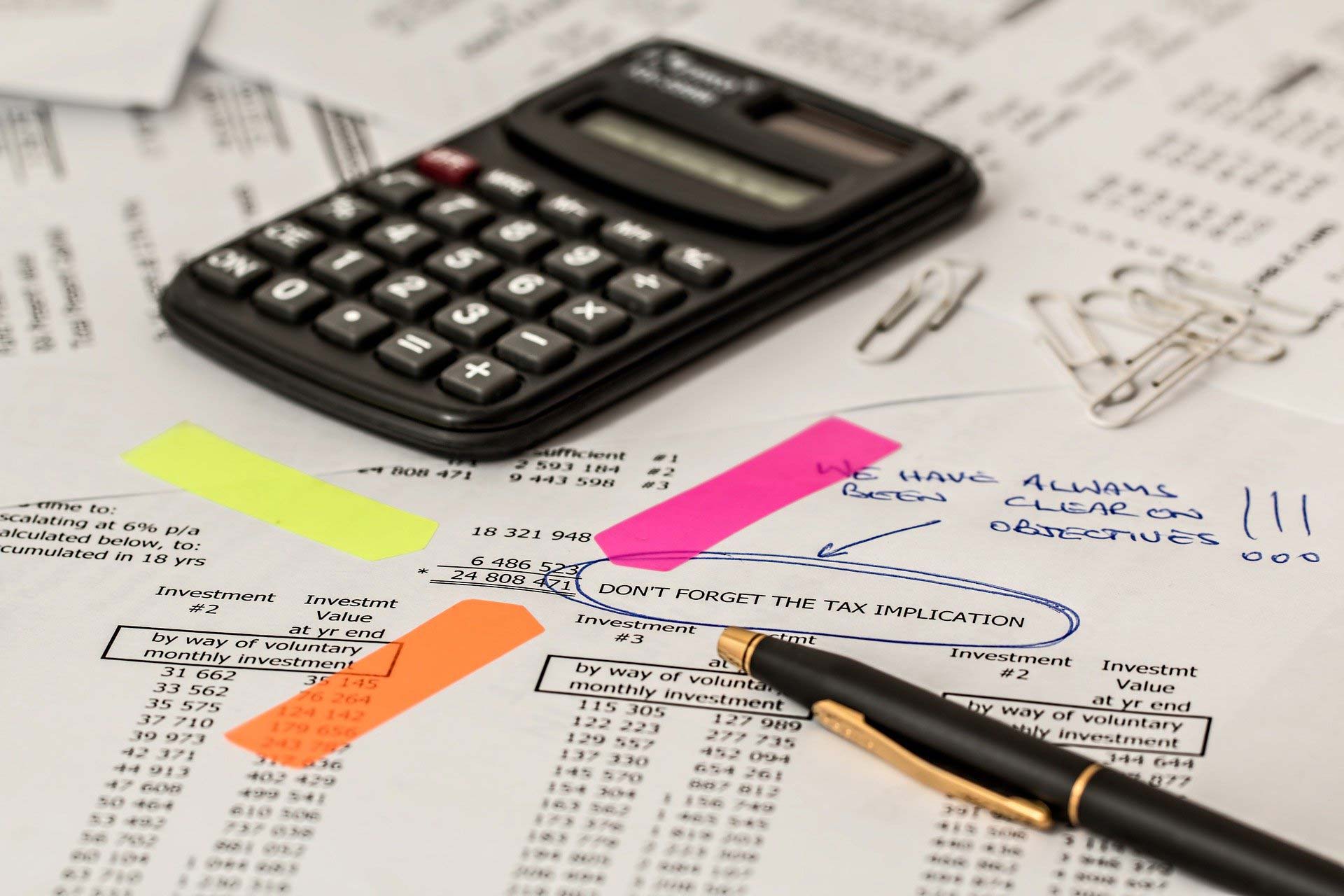 Vietnam Ministry of Finance has a policy of making International Financial Reporting Standards (IFRS) and International Accounting Standards mandatory (2025)
Vietnam Ministry of Finance has a policy of making International Financial Reporting Standards (IFRS) and International Accounting Standards mandatory (2025)
 Differences in recognition of IFRS and VAS for each accounting account | Toward the Accounting Department / Chief Accountant
Differences in recognition of IFRS and VAS for each accounting account | Toward the Accounting Department / Chief Accountant
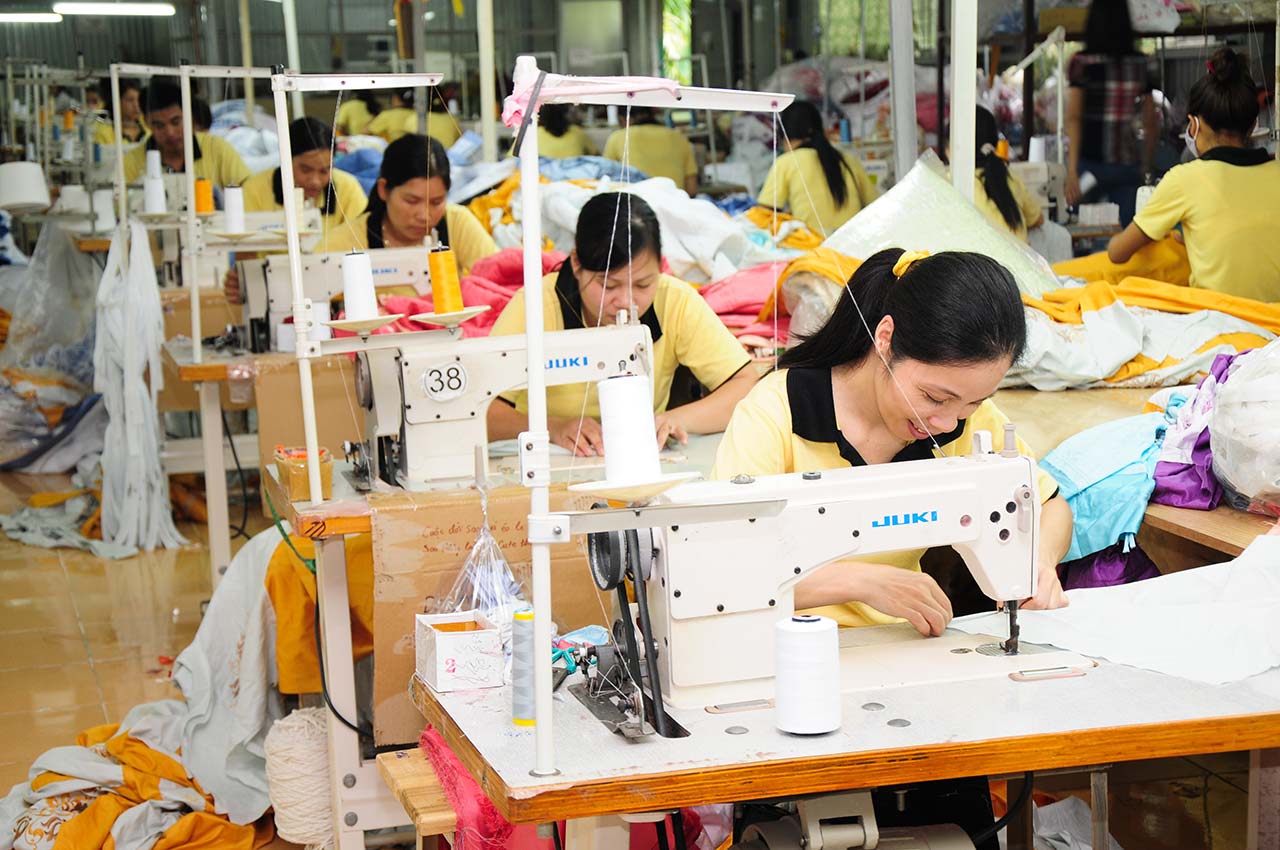 Reasons for venture companies (Japanese / foreign-affiliated companies) to enter Ho Chi Minh City, Vietnam
Reasons for venture companies (Japanese / foreign-affiliated companies) to enter Ho Chi Minh City, Vietnam